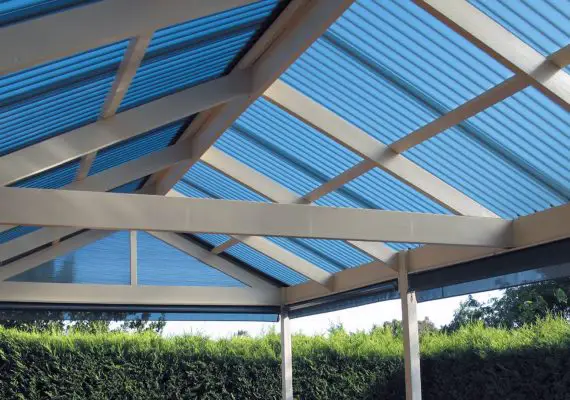Does Epoxy Resin Stick To Granite?
Does Epoxy Resin Stick To Granite?
Yes, epoxy resin can adhere to granite. Epoxy resin can stick a granite tile to the surface of another, stronger material like ceramic, glass, or stone. LamLock RocketGel is a unique epoxy designed for granite, quartz, marble, and tile use.
It is able to easily fix chips, fill cracks, repair defects, and restore countertops and tiles to their original beauty. LamLock RocketGel is different from other epoxies on the market because it can cure in just 25 minutes.
This makes it the perfect solution for busy homeowners who don’t have the time to wait for traditional epoxy to cure. To do this, clean the surface of both materials with soap and water, then taper off surrounding areas to protect them from getting epoxy on them.
Next, use a brush to apply enough epoxy onto the tile that you want to adhere to and slide the tile’s surface over the rest of the surface you want it stuck on.
Finally, let the epoxy cure for several hours before removing the tape from around your project and cleaning off any extra residue.
However, Epoxy resin is a popular and effective glue that bonds well with many different materials, including marble, granite, concrete, and more. If you want to repair your countertops, then epoxy will work great!
Epoxy resin is a plastic thermosetting resin that starts as a liquid and then hardens into a solid. Epoxy resin is made up of two parts, the resin, and the hardener.
A chemical reaction causes the mixture to harden when these two parts are mixed. Once the mixture hardens, it is very strong and durable. Epoxy resin is often used to glue together pieces of stone because it forms a strong bond and can withstand a lot of wear and tear.
Does Epoxy Resin Stick To Polypropylene?
No, epoxy resin is not compatible with polypropylene. Epoxy resin is a thermoset plastic used for bonding ceramic and other materials to steel and other metals.
When it comes to adhesives, there are a variety of different materials that can be used in order to achieve the desired effect.
In some cases, two materials may not be compatible with one another. This is often the case with epoxy resin and polypropylene. Epoxy resin does not stick to polypropylene, meaning that the sheet requires no release agent and can be reused again and again.
This is due to the fact that the two materials have different chemical compositions. Polypropylene is a thermoplastic, meaning it can be molded and shaped when heated.
Epoxy resin, on the other hand, is a thermoset plastic. This means that it cannot be molded or shaped once cured.
However, it is important to understand that different types of plastics will not bond with one another. This is due to the fact that each type of plastic has a different chemical composition. For example, polyethylene and polypropylene are plastics that will not bond with epoxy.
This is because epoxy is not compatible with the chemical composition of these two plastics.
In order to bond dissimilar plastics, it is necessary to use an adhesive compatible with both types of plastic. Methacrylates are generally the adhesive best suited for this purpose.

